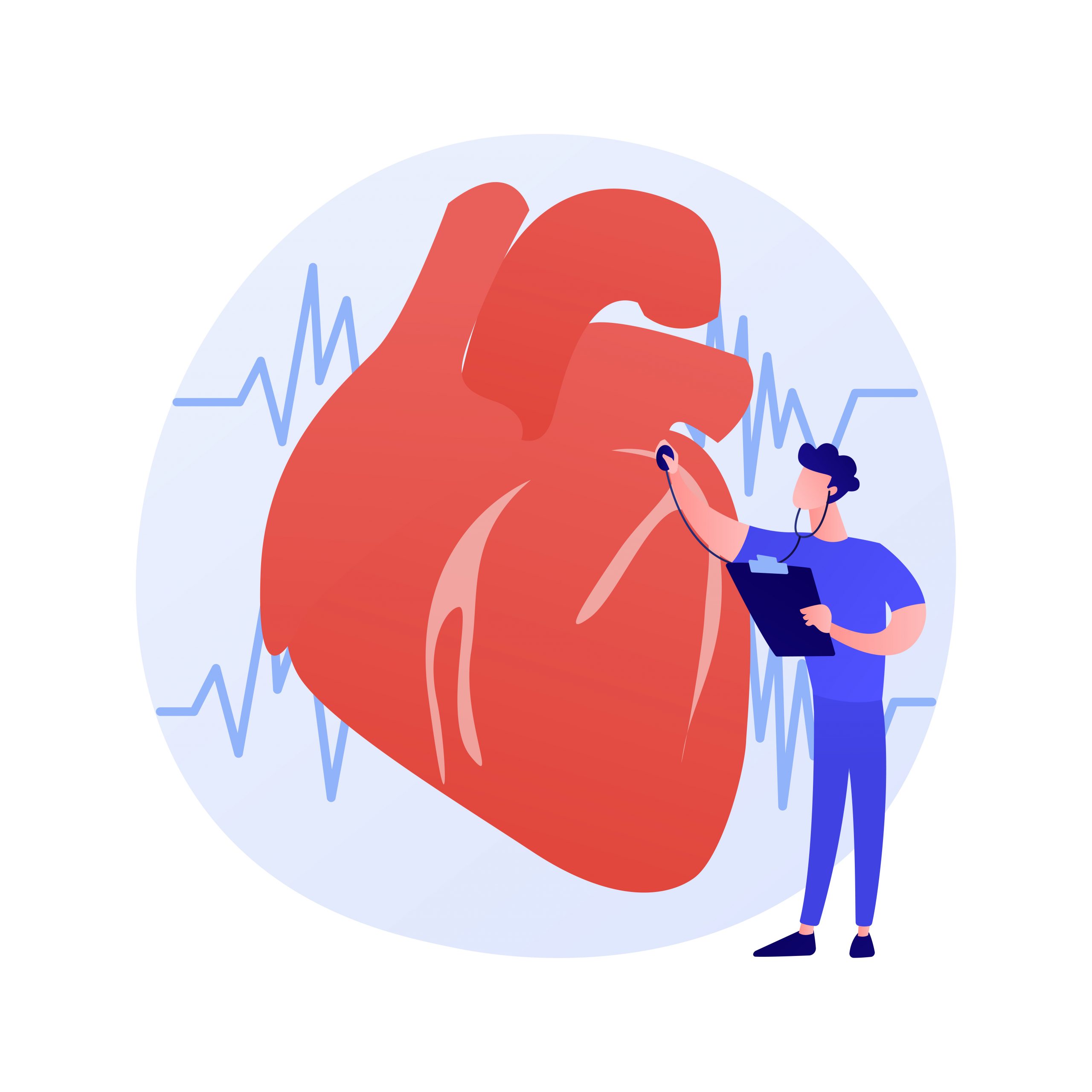
Holter Monitor and Event Monitor: How These Devices Can Help Detect Heart Problems
If you have heart problems, your doctor might recommend a Holter monitor for heart rhythm abnormalities or an event monitor for irregular heartbeat diagnosis. These devices help track your heart’s rhythm over time, allowing your doctor to diagnose and treat any underlying problems.
What is a Holter monitor?
A Holter monitor for heart rhythm abnormalities is a small, portable device that records your heart’s electrical activity for 24 to 48 hours. You wear it around your chest, with electrodes attached to your skin. The monitor records your heart’s rhythm continuously, even when you sleep.
What is an event monitor?
An event monitor for heart health is a portable device that records your heart’s electrical activity. You activate it by pressing a button when you feel your heart racing or fluttering. This helps you capture specific episodes, like when you experience symptoms.
How do Holter monitors and event monitors help diagnose heart problems?
Holter monitors and event monitors for atrial fibrillation help your doctor diagnose heart problems, including:
- Atrial fibrillation (AFib): An irregular heartbeat that can raise your risk of stroke.
- Heart arrhythmia: An abnormal heart rhythm.
- Heart block: A condition where the electrical signals controlling your heartbeat are disrupted.
- Myocardial infarction (heart attack): A condition where blood flow to your heart muscle is blocked.
How do I prepare for a Holter monitor or event monitor test?
Your doctor will give you detailed instructions. Generally, you will need to avoid certain medications, like caffeine and nicotine, before the test. You should also avoid showering or swimming while wearing the monitor.
What happens during a Holter monitor or event monitor test?
The technician will attach the electrodes to your skin and place the monitor on your chest.
You can continue your normal activities.
If you wear an event monitor to track heart health, press the button whenever you feel your heart racing or fluttering.
What happens after a Holter monitor or event monitor test?
The technician will remove the electrodes and the monitor. Then, the data will be downloaded and analyzed by your doctor. This information helps diagnose heart issues, such as heart arrhythmia detection with Holter monitor or complications related to myocardial infarction detection with event monitors.
If you are having heart problems, talk to your doctor about whether a Holter monitor or event monitor could be useful. These devices provide valuable information that can help your doctor diagnose and treat any underlying problems.
For more information Click Here


